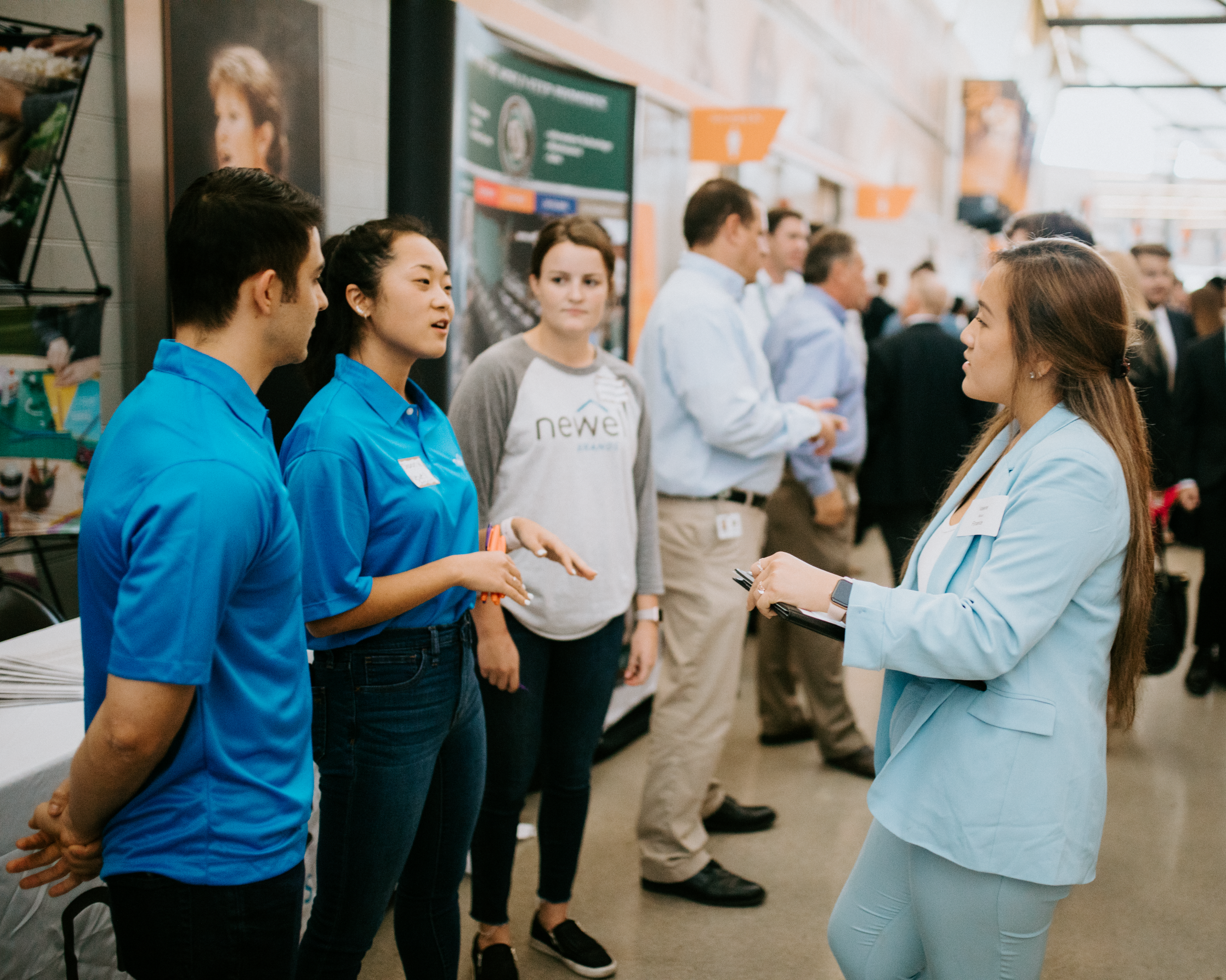With plans to make their own impact on the world, 10 University of Tennessee students will take on Washington D.C. after securing internships with the United States Congress through the Congressional Internship Program (CIP). The summer program runs anywhere from six to 10 weeks during which the students work closely with legislative staff on a variety of projects. 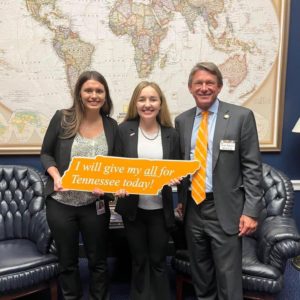
Current interns, Cierra Potter and Savannah Jones, shared their experiences living and working in D.C. through the program. “I have already gained so much knowledge about how congress really works,” Potter said. “I feel like I learn something new every day while being here, sometimes it’s about policy, sometimes it’s about politics, and sometimes I learn things just about the professional world in general.”
Both emphasized the importance of using the career center as a resource and not being shy to “just go for it” when it comes to applying for new opportunities and expressed how much they are learning already.
“I’m learning new things every day and meeting so many new people,” Jones said. “Every day is different. I answer constituent calls, make callbacks, draft communications, give tours of the capital, attend briefings, do research for the legislative assistants, and meet with visitors who come to the office.”
The Congressional Internship Program gives students from all majors with an interest in government, public policy, and Capitol Hill careers the opportunity to see the inner workings of Capitol Hill.
“We’ve had students from nearly all of UT’s colleges participate in the CIP over the years and find value in the experience,” Stephanie Kit, executive director of the Center for Career Development & Academic Exploration, said. “The CIP provides a great opportunity for students to experience a congressional office firsthand and explore their career goals. One of the most valuable takeaways from the experience is building a network of contacts that can help with future career plans.”
The summer 2022 Congressional Internship Program interns and the offices where they are working:
- Meredith Bailey: Class of ’23, majoring in political science, Congresswoman Harashbarger
- Robert Fieldan Bowman: Class of ’24, majoring in finance, Congressman Burchett
- Garrett Everett: Class of ’23, majoring in political science, Congressman Burchett
- Savannah Jones: Class of ’23, majoring in agricultural economics, Congressman Desjarlais
- Abigail Lawrence: Class of ’23, majoring in geography, Congressman Burchett
- Cierra Potter: Class of ’23, majoring in psychology, Congressman Desjarlais
- Shrujana Senthil: Class of ’24, majoring in political science, Congressman Cohen
- Sarah Sexton: Class of ’23, majoring in English, Congressman Rose
- Noah Smith: Class of ’23, majoring in supply chain management, Senator Hagerty
- Catelyn Williams: Class of ’22, majoring in political science, Congressman Cohen
Students can learn more about the Congressional Internship Program and how to apply through the Center for Career Development & Academic Exploration. Members of the CIP committee interview selected applicants. If chosen for the program, students must apply to all Tennessee congressional offices they wish to intern with. Once their offer and internship are secured, they will receive funding from the career center to offset the costs of living in Washington D.C.
Contact:
Lacey Wood (laceywood@utk.edu)
Riya Patel (rkh814@vols.utk.edu)
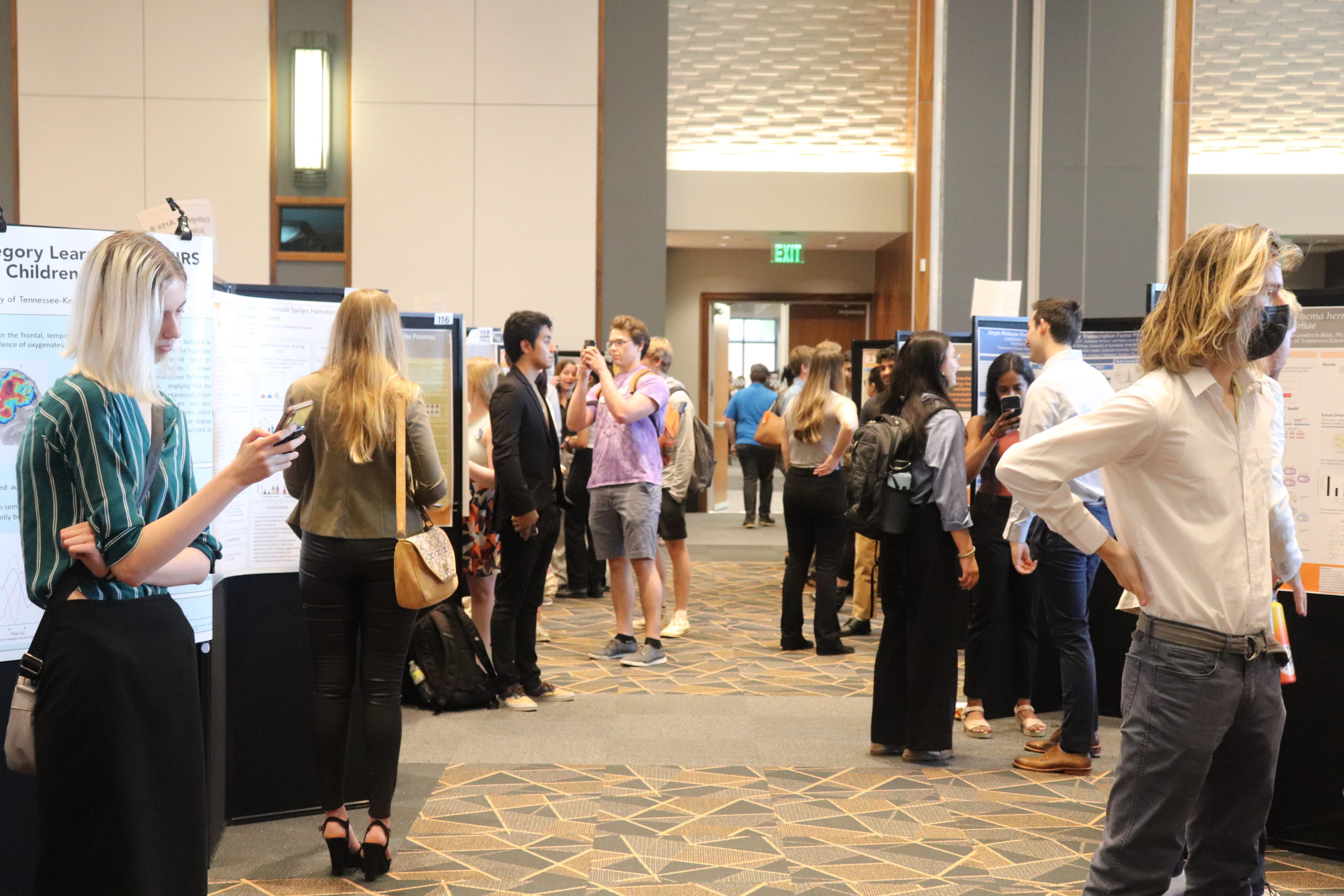
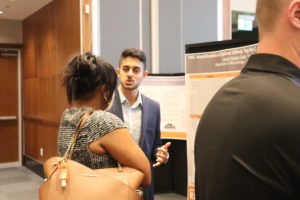
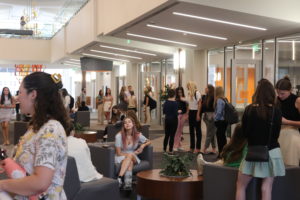
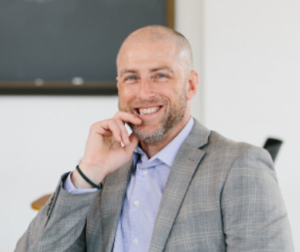 “Dr. Akos is a visionary and collaborative leader prepared to transform UT’s efforts to support our undergraduate student scholars through honors, undergraduate research, and fellowships initiatives,” Amber Williams, vice provost for Student Success, said.
“Dr. Akos is a visionary and collaborative leader prepared to transform UT’s efforts to support our undergraduate student scholars through honors, undergraduate research, and fellowships initiatives,” Amber Williams, vice provost for Student Success, said.  “The honors experience should encourage students to dig deeper and go further with their academic interests,” Director Williams said. “I look forward to collaborating with Dr. Akos and our acclaimed faculty to enhance the honors experience for current and future Volunteers.”
“The honors experience should encourage students to dig deeper and go further with their academic interests,” Director Williams said. “I look forward to collaborating with Dr. Akos and our acclaimed faculty to enhance the honors experience for current and future Volunteers.”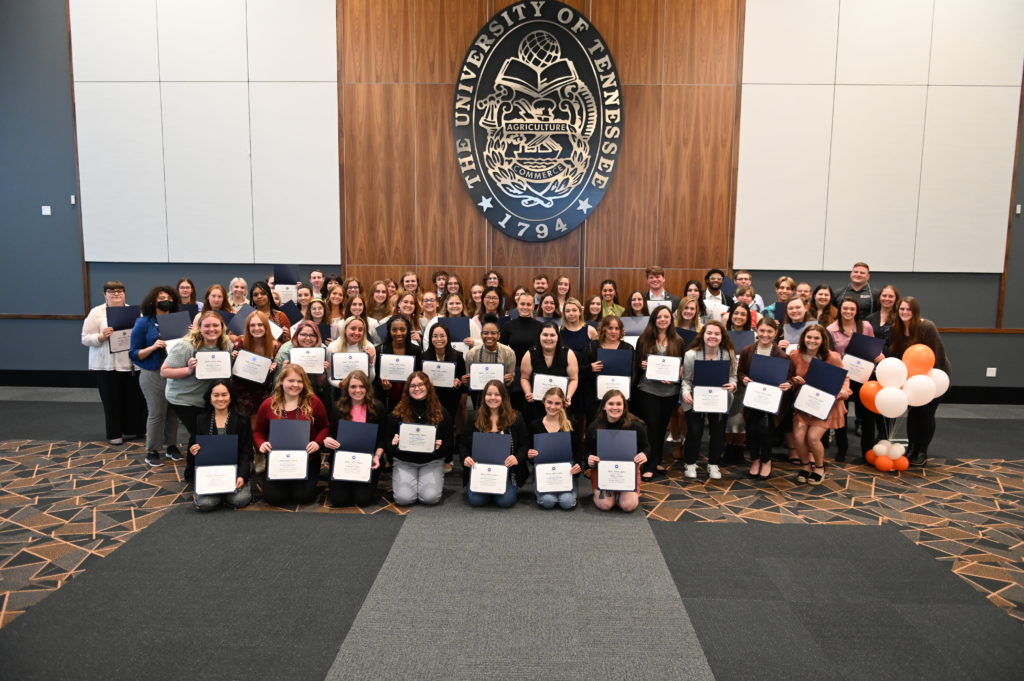
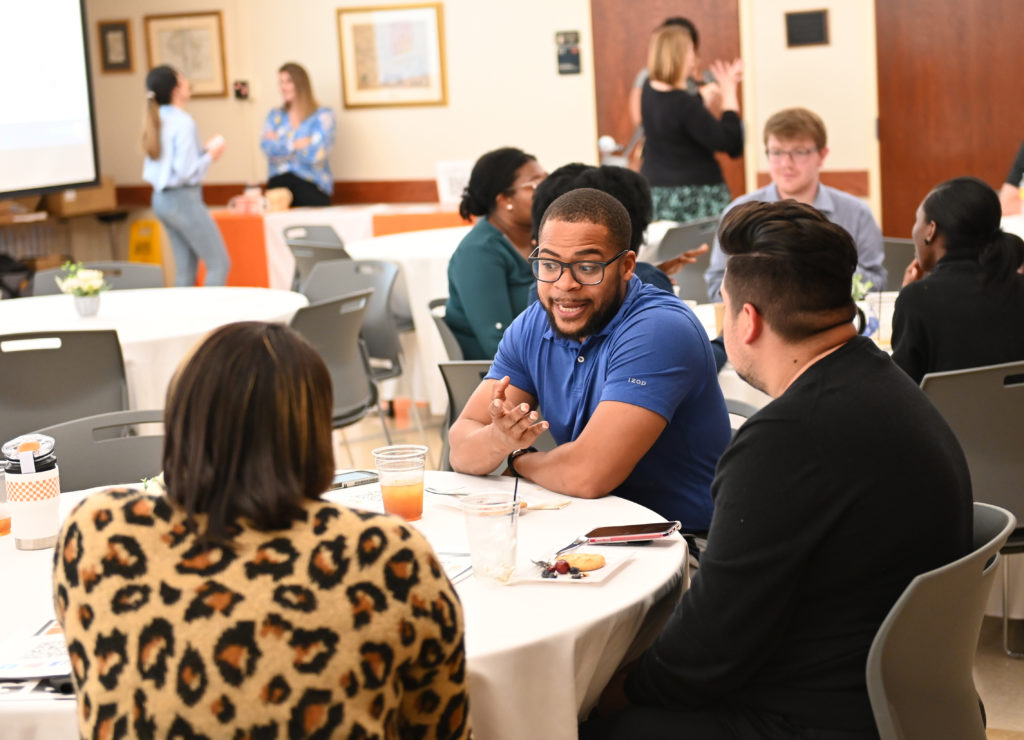
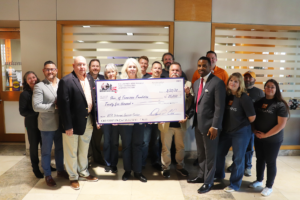 late Charlie Daniels, and Major General Terry “Max” Haston (retired) visited the center to meet with student veterans and attended the Tennessee vs. Butler home baseball game for a check presentation with Jayetta Rogers, director of the Veterans Success Center, and Leonard Clemons, associate vice provost for Student Success.
late Charlie Daniels, and Major General Terry “Max” Haston (retired) visited the center to meet with student veterans and attended the Tennessee vs. Butler home baseball game for a check presentation with Jayetta Rogers, director of the Veterans Success Center, and Leonard Clemons, associate vice provost for Student Success.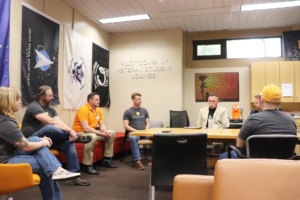 veteran transformational grants, a veteran emergency fund, and technology upgrades. The donation is the third and largest gift UT has received from The Charlie Daniels Journey Home Project, and Rogers said she hopes it’s the beginning of a long and meaningful relationship with the organization. “Charlie Daniels was a tremendous supporter of the University of Tennessee, and we are beyond grateful to receive this gift that will enhance the academic, professional, and personal success of our student veterans while at UT.”
veteran transformational grants, a veteran emergency fund, and technology upgrades. The donation is the third and largest gift UT has received from The Charlie Daniels Journey Home Project, and Rogers said she hopes it’s the beginning of a long and meaningful relationship with the organization. “Charlie Daniels was a tremendous supporter of the University of Tennessee, and we are beyond grateful to receive this gift that will enhance the academic, professional, and personal success of our student veterans while at UT.”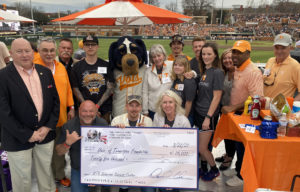 The Charlie Daniels Journey Home Project supports our state universities’ Veterans centers. TCDJHP believes that assisting and supporting veterans in obtaining a quality education is a critical phase line in their ‘Journey Home’,” Haston said. “We hope that by contributing to the University of Tennessee Veterans Success Center will start a habit for others to follow ensuring the center’s future.
The Charlie Daniels Journey Home Project supports our state universities’ Veterans centers. TCDJHP believes that assisting and supporting veterans in obtaining a quality education is a critical phase line in their ‘Journey Home’,” Haston said. “We hope that by contributing to the University of Tennessee Veterans Success Center will start a habit for others to follow ensuring the center’s future.